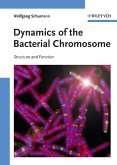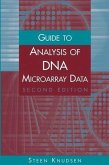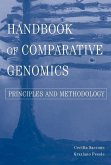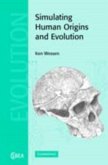The Human Genome Diversity Project (HGDP) was launched in 1991 by a group of population geneticists whose aim was to map genetic diversity in hundreds of human populations by tracing the similarities and differences between them. It quickly became controversial and was accused of racism and 'bad science' because of the special interest paid to sampling cell material from isolated and indigenous populations. The author spent a year carrying out participant observation in two of the laboratories involved and provides fascinating insights into daily routines and technologies used in those laboratories and also into issues of normativity, standardization and naturalisation. Drawing on debates and theoretical perspectives from across the social sciences, M'charek explores the relationship between the tools used to produce knowledge and the knowledge thus produced in a way that illuminates the HGDP but also contributes to our broader understanding of the contemporary life sciences and their social implications.
Dieser Download kann aus rechtlichen Gründen nur mit Rechnungsadresse in A, B, BG, CY, CZ, D, DK, EW, E, FIN, F, GR, HR, H, IRL, I, LT, L, LR, M, NL, PL, P, R, S, SLO, SK ausgeliefert werden.









